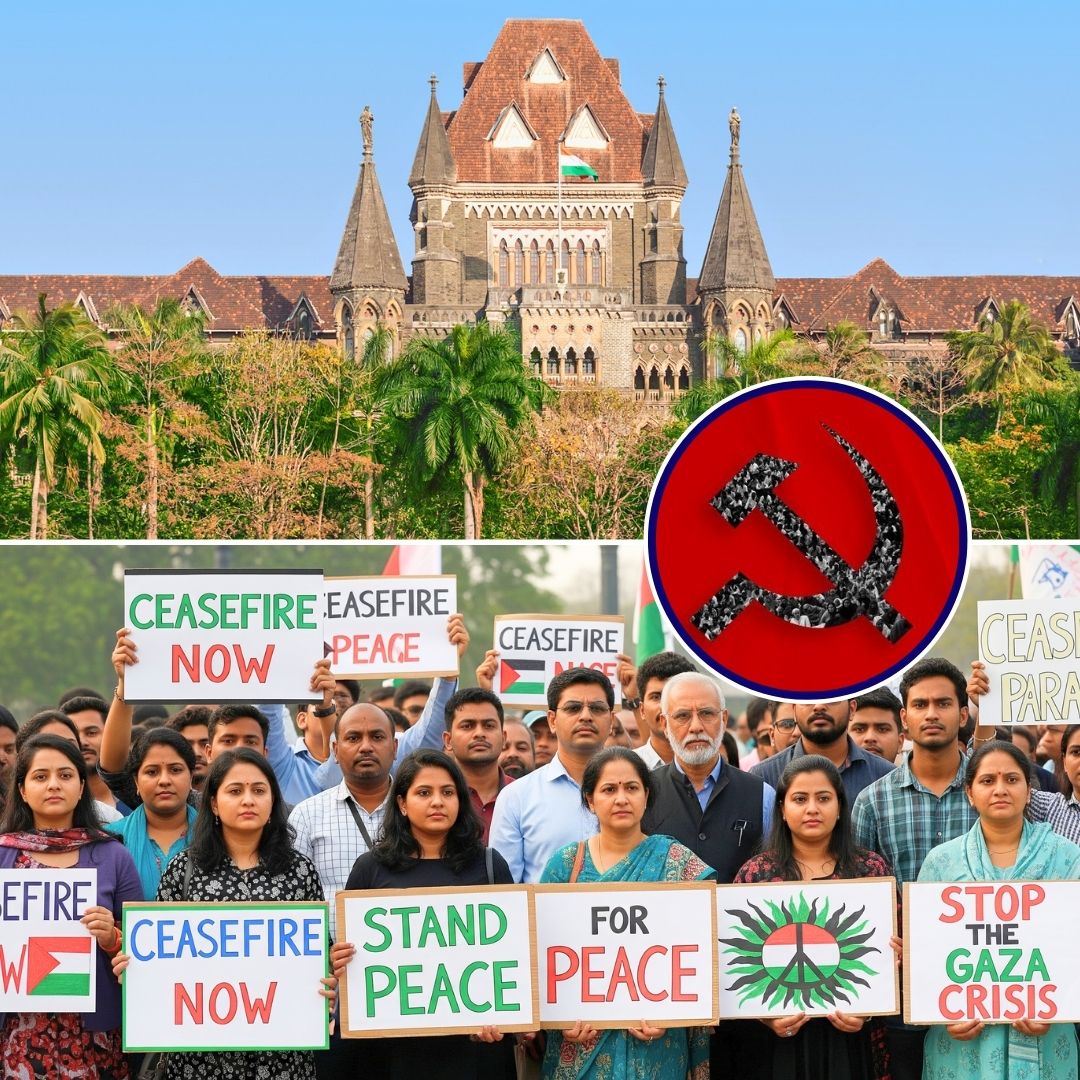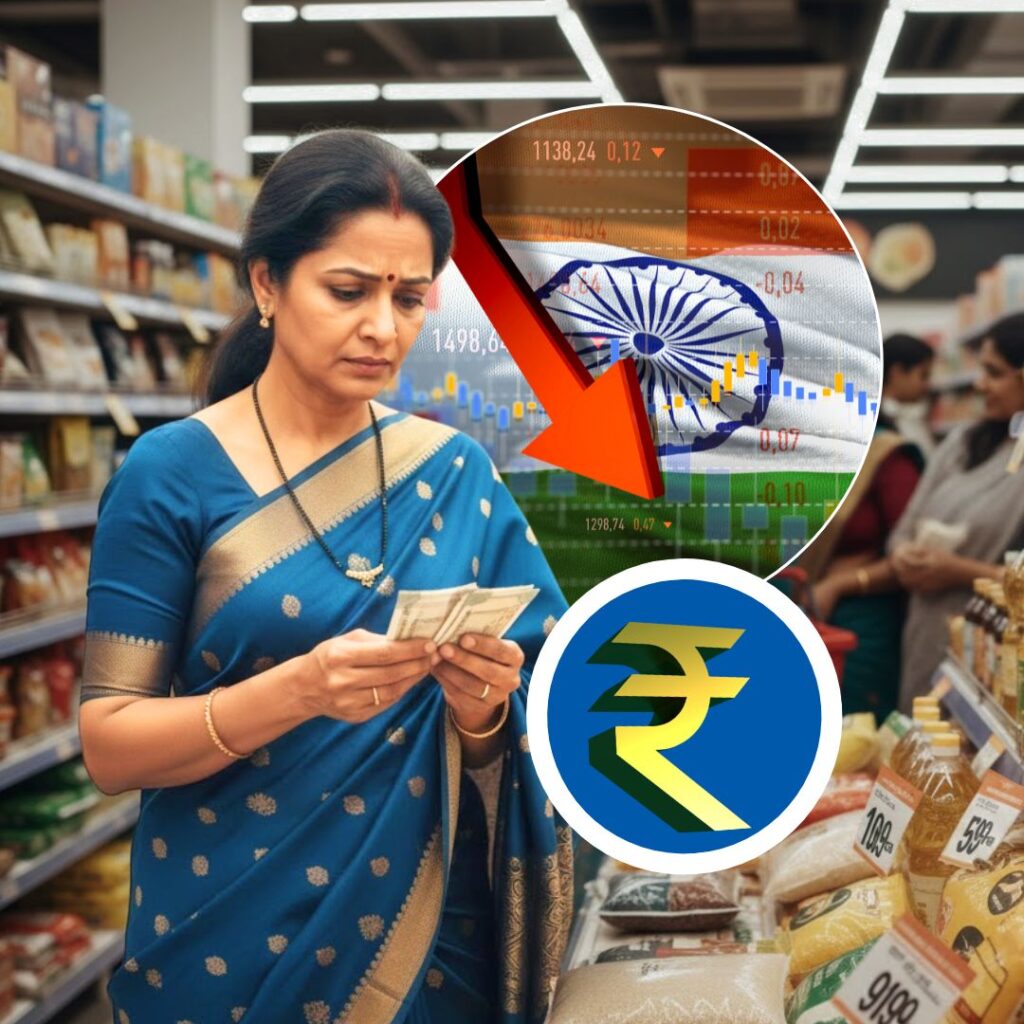On July 25, 2025, the Bombay High Court dismissed a petition filed by the Communist Party of India (Marxist) and the Communist Party of India. The petition challenged the Mumbai Police’s refusal to grant permission for a protest at Azad Maidan against the ongoing conflict in Gaza.
The court sharply criticised the petitioners for focusing on international issues instead of pressing domestic matters. The Division Bench, comprising Justices Ravindra Ghuge and Gautam Ankhad, urged political organisations to prioritise India’s internal challenges, stating, “Look at your own country. Be patriots.”
Senior advocate Mihir Desai, representing CPI(M), explained that the protest aimed to express solidarity with the people of Gaza amid ongoing violence and to call for a ceasefire. The court’s ruling underscores the judiciary’s approach to balancing rights to protest with concerns about public order and national priorities.
Court Stresses Importance of Domestic Priorities Over Distant Conflicts
The Bombay High Court, through a stern observation, expressed disapproval towards the petitioners’ intent to hold a protest focused on an international conflict thousands of miles away. Justice Ghuge remarked that India faces numerous pressing domestic issues — from unemployment to infrastructure deficits — that demand attention from political entities and citizens alike.
The bench expressed concern that engaging in protests related to Gaza and Palestine might detract from efforts to tackle challenges that directly affect Indian citizens.
The judges’ pointed comments included: “Our country has enough issues to deal with. We do not want anything like this. I am sorry to say, you are short-sighted. You are looking at Gaza and Palestine while neglecting what’s happening here. Why don’t you do something for your own country? Look at your own country. Be patriots.”
The court also clarified the Government of India’s role in deciding foreign policy, suggesting that public demonstrations pushing diplomatic stances could complicate official policy positions.
Senior advocate Mihir Desai, representing the petitioners, asserted their constitutional right to peaceful protest and free speech. He emphasised that the planned gathering was to show humanitarian solidarity with civilians suffering amid what CPI(M) described as a genocide, and to call for a ceasefire, rather than to interfere with government policy.
Background: Denial of Permission and Political Context
The CPI(M) and CPI had submitted an application on June 13, 2025, to Mumbai Police seeking permission to organise a peaceful protest at Azad Maidan — a historic and iconic venue for political gatherings in Mumbai. The police denied permission citing concerns over potential law and order issues. The denial sparked the petition that culminated in this latest court hearing.
This legal dispute occurs within a larger context of intensified international attention on the Gaza conflict, which has sparked protests and solidarity demonstrations worldwide, including in various Indian cities. Nonetheless, many local authorities have responded with caution or refusals, citing public order and security concerns.
The court made clear its preference for political movements to direct focus towards pressing domestic issues affecting the everyday lives of Indian citizens — including urban infrastructure, sanitation, unemployment, and social welfare — rather than taking to the streets for geopolitical conflicts abroad.
The Logical Indian’s Perspective – Navigating Patriotism, Empathy, and Democratic Rights
This ruling illuminates a complex tension at the heart of democratic societies: the need to balance the citizens’ inalienable right to peaceful protest and freedom of expression with the state’s responsibility to maintain public order and prioritise national interests.
True patriotism encompasses empathy — it is possible, and indeed vital, to show solidarity with suffering people worldwide while still addressing and striving to improve urgent domestic concerns. Civic engagement enriched by compassion for human rights globally can only strengthen our democracy and social fabric.












